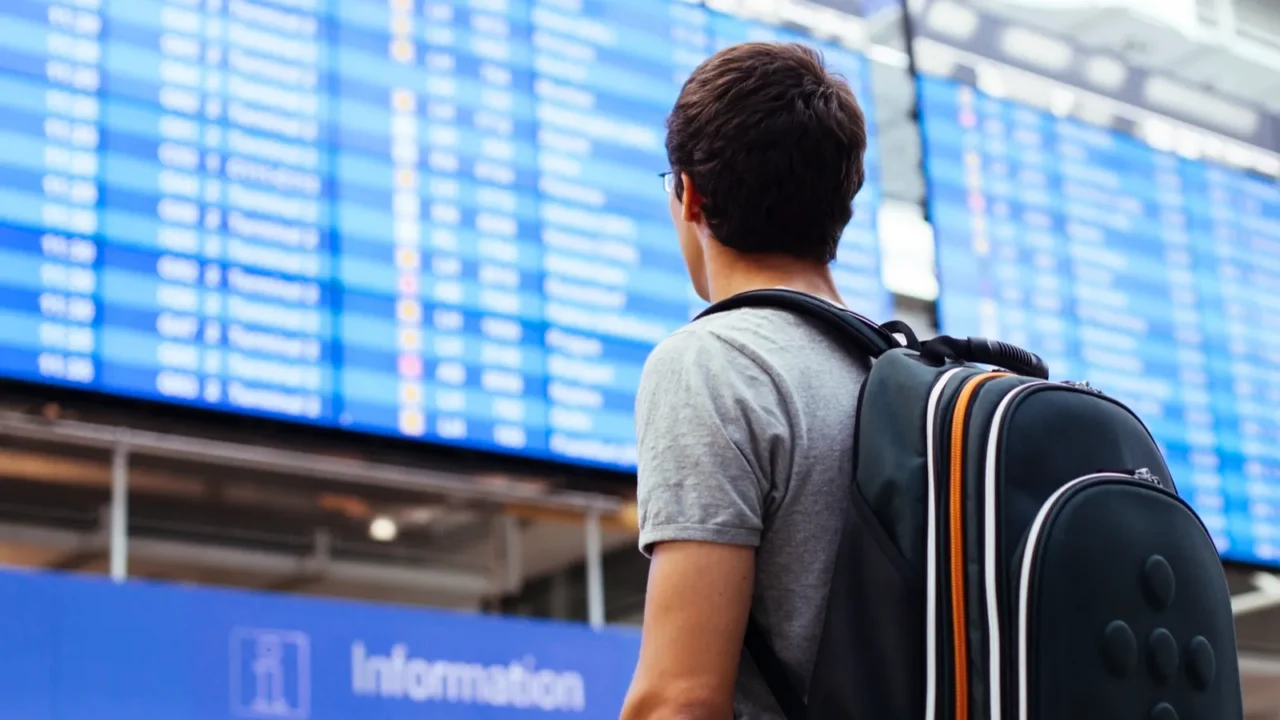
Scholarships lost at the airport
Imagine winning a dream scholarship, packing your bags, and then being told you can’t board the plane. That’s the harsh reality thousands of students from Africa, Asia, and beyond now face. Many had already said goodbye to families, only to be stopped before their journey even began.
These students earned spots at U.S. universities, many fully funded. Yet, new travel bans under Trump’s 2025 administration are shutting them out, leaving years of hard work wasted and families heartbroken. For many, that lost opportunity will never come back again.

Why the ban was expanded
The original travel bans under Trump’s first term were controversial, but the 2025 version is broader and tougher. Citizens from 19 countries now face either total or partial restrictions that block entry for education, work, or family visits.
Twelve countries are completely blocked, including Afghanistan, Iran, Somalia, and Yemen. Students from seven other countries, like Cuba and Venezuela, face strict limits, making U.S. study plans nearly impossible. The policy leaves entire groups of young people with no path forward.
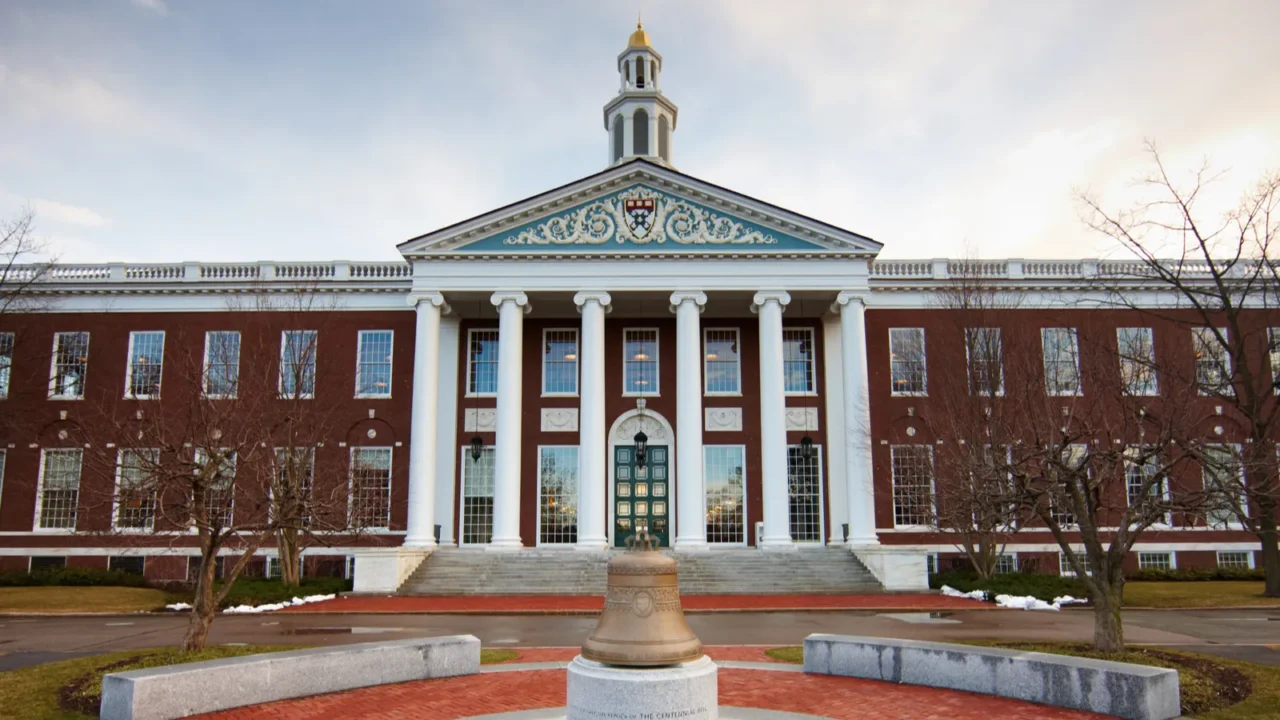
Harvard becomes the flashpoint
One of the most alarming concerns for students emerged when rumors circulated that top universities could face increased federal scrutiny over foreign student programs.
The administration argued Harvard wasn’t complying with oversight demands. Critics saw it as political targeting, leaving talented students caught in the middle of a high-stakes battle. Even with legal challenges, uncertainty has made students and parents hesitant to apply.
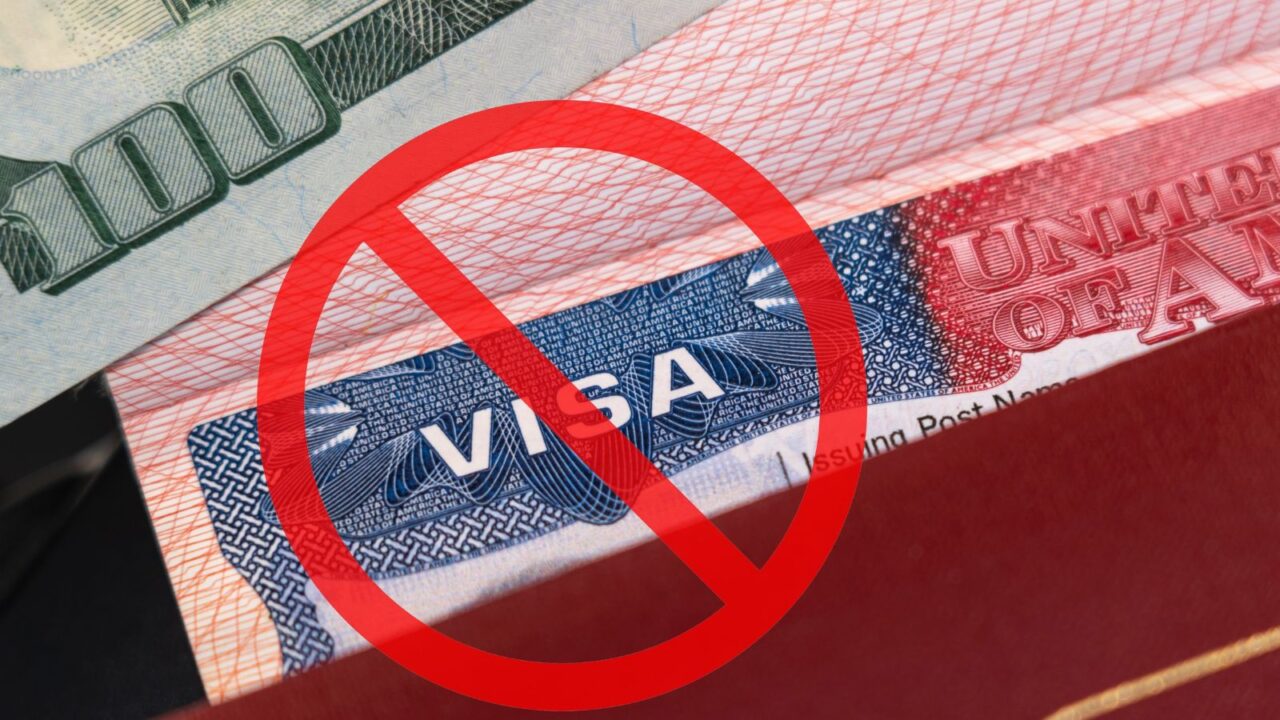
Visas revoked after approval
What makes this sting even more is that some students already had their F-1 or J-1 visas stamped and ready. They thought they were clear to fly and begin their studies without obstacles.
But updated rules canceled those visas if students weren’t already inside the U.S. by a set date. Their tickets and dreams suddenly became worthless, and many were forced to watch the semester begin without them.

Full scholarships wasted
Winning a scholarship to an American college is life-changing. It can mean a free degree, better opportunities, and the chance to lift entire families out of poverty. Many spent years competing for limited spots.
Now, many of those scholarships sit unused. Universities can’t hold spots forever, so the money disappears, along with the chance of a brighter future. For schools and students alike, the loss is both financial and deeply personal.
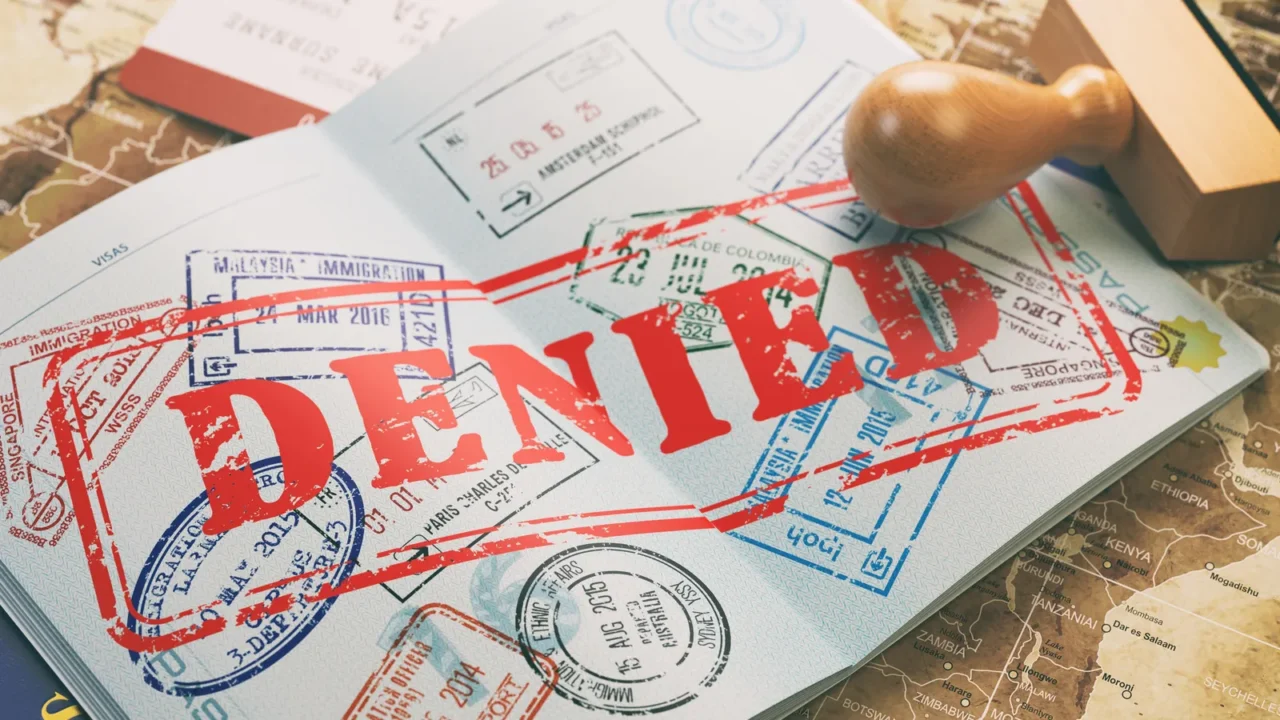
Emotional toll on families
Parents watched proudly as their kids earned spots at top schools. Some even sold property to cover extra expenses, believing their child’s future was secure and set in stone.
Then came the bans. Instead of sending them off with joy, families are now dealing with stress, uncertainty, and lost investments they may never recover. For many, the sense of betrayal is just as heavy as the financial hit.

PhD dreams put on hold
Doctoral programs often take five to seven years. Some policy proposals in the past have floated a 4‑year cap on student visas, sparking fear that similar limits could return under future rule changes.
For many PhD hopefuls, this adds crushing uncertainty. Imagine researching for years, only to risk being sent home before finishing your degree. The policy undermines the very purpose of long-term academic research.

No more easy renewals
Before 2025, some students could renew visas without interviews through the “dropbox” program. That option is now gone for almost everyone, even frequent travelers with spotless records.
Students as young as 15 and professors over 70 must appear in person at consulates. That means long waits, costly travel, and a tougher road to get approved. For some, these hurdles are enough to end the dream altogether.

Impact beyond classrooms
This isn’t just about lectures and degrees. International students fuel lab research, bring diversity to campuses, and contribute billions to the U.S. economy each year.
When they can’t enter, research stalls, classrooms lose cultural exchange, and local communities lose valuable spending that supports jobs and businesses. The effects ripple far beyond universities into the broader American economy.
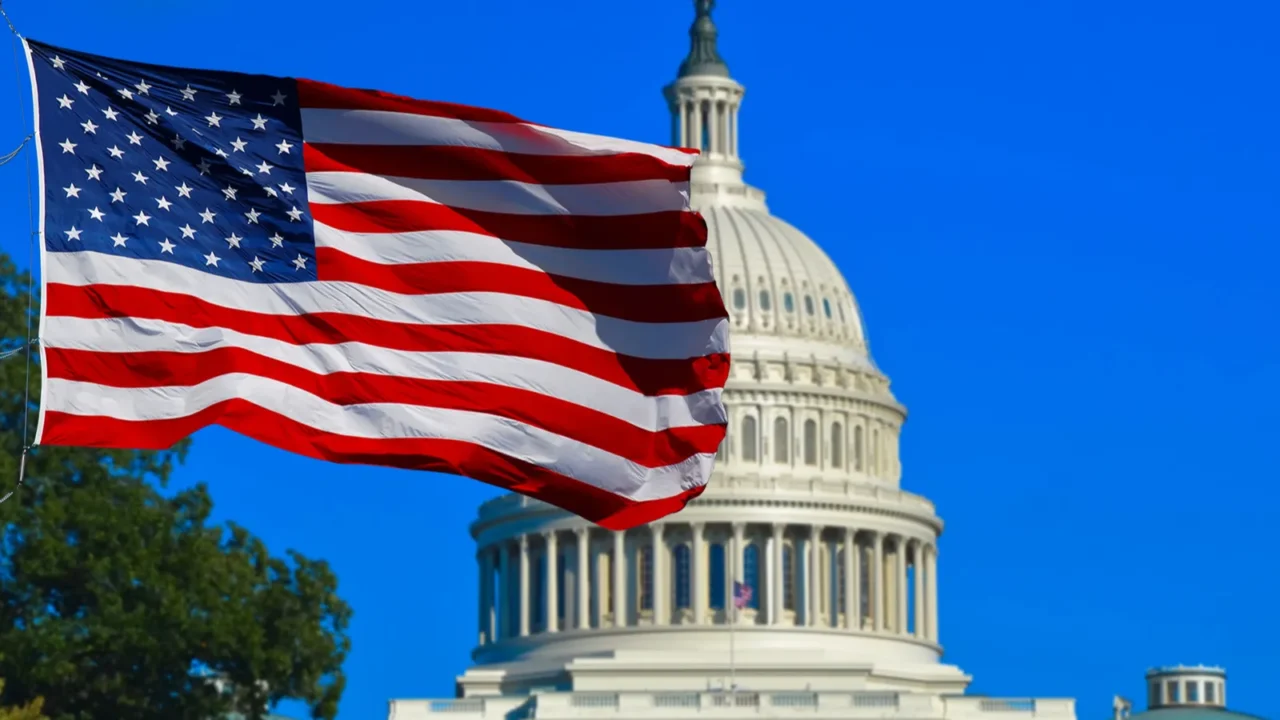
Global perception of the U.S.
America used to be the top choice for international study. But travel bans and stricter rules send a different message: the U.S. may no longer be as welcoming or dependable.
Countries like Canada, the U.K., and Australia are quickly stepping in, making it easier for these students to choose alternatives. Over time, this could permanently shift where the brightest minds decide to study.

A student’s lost year
Take the case of an Afghan or Iranian student who secured funding and admission. They’re now forced to defer for a year or abandon plans altogether, both devastating options.
Deferrals aren’t always honored. By the time policies change, spots may be gone, scholarships withdrawn, and momentum in life completely lost. What should have been progress becomes an uncertain waiting game.

Legal challenges underway
Universities and advocacy groups aren’t sitting quietly. Many have taken the administration to court, arguing these bans unfairly punish innocent students with no ties to security concerns.
Some injunctions have slowed down certain rules, like those against Harvard. But for most students, the bans remain firmly in place, leaving legal victories too narrow to provide real relief.
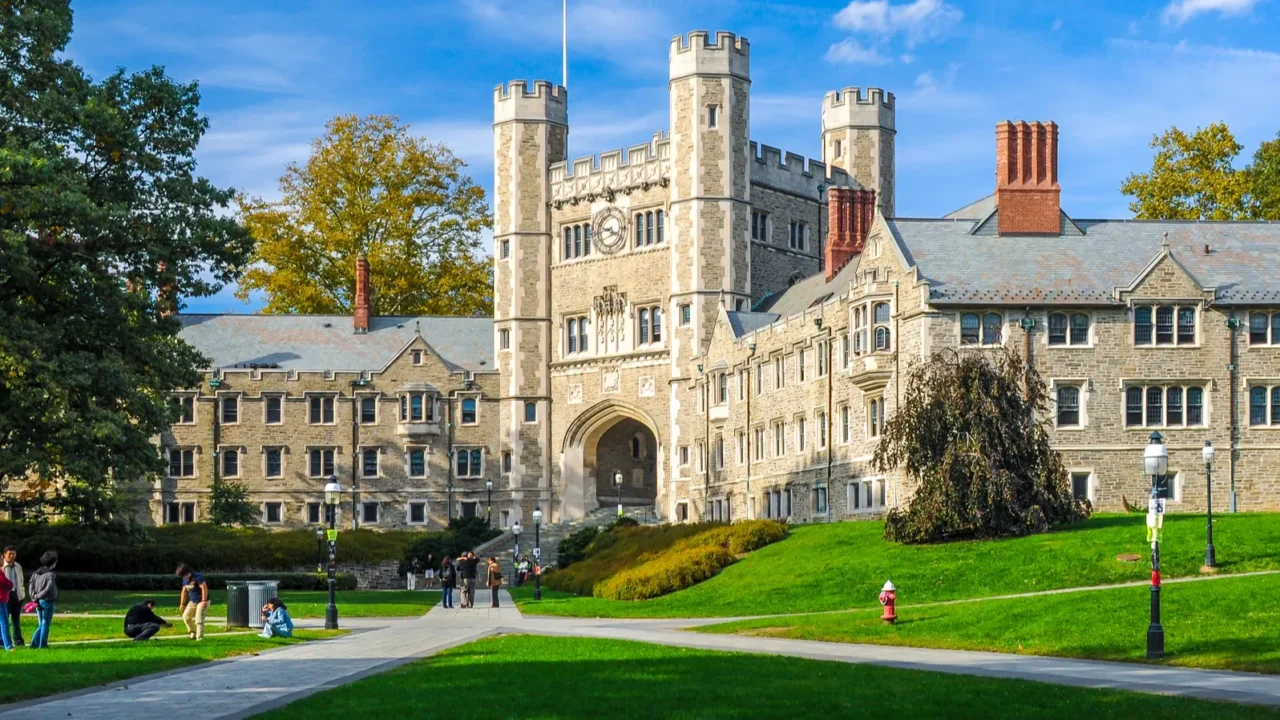
Strain on U.S. universities
American universities rely heavily on international enrollment. Some programs simply don’t survive without them, particularly in graduate research and STEM fields.
Now, schools are scrambling to replace lost revenue and talent. Smaller colleges may be hit hardest, forcing cutbacks or program closures. Even elite schools face the risk of losing global competitiveness.
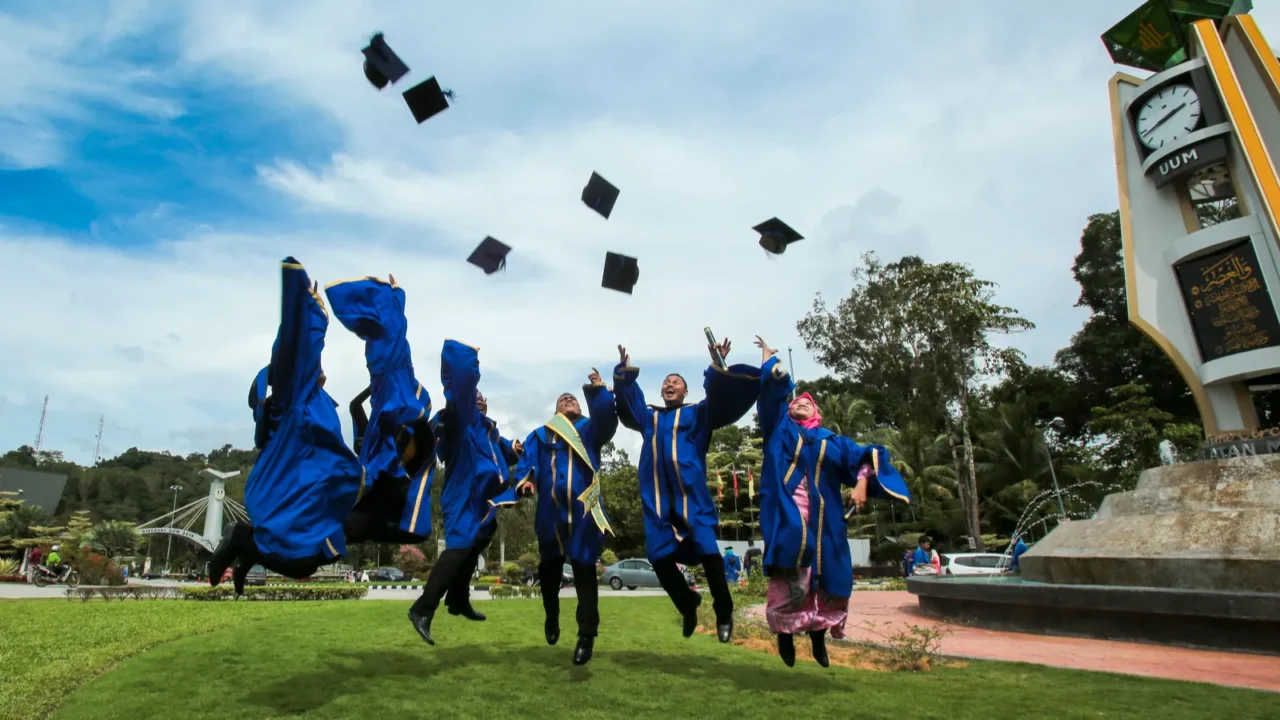
Families look elsewhere
Countries like Malaysia and Saudi Arabia often sponsor students to study abroad. But seeing the instability in the U.S., some are now pulling back on these programs.
Instead, they’re directing scholarship money to places like Canada or Europe. This shift could permanently reshape where global talent decides to learn and build their futures.

Students already in the U.S.
For now, students already in the U.S. with valid visas can stay. They’re not being forced out under these policies, but are being offered temporary relief.
Still, many fear what could come next. Renewal rules, shifting regulations, and uncertainty about job opportunities after graduation keep anxiety levels high. A cloud of doubt now hangs over their futures.
The self-inflicted hit to U.S. tourism has already left Americans frustrated and disappointed over the decline, and this new step could further damage the country’s image.

Ripple effect on research
It’s not just undergraduates affected. Visiting scholars, exchange students, and researchers from blocked nations are also stuck, unable to take up planned positions.
This delays projects in medicine, technology, and science. The ripple effect hurts not only universities but also industries and innovation tied to their discoveries. Whole sectors of progress are slowed down.
The world is watching, and the consequences could shape America’s role for decades. Once trust is lost, it’s hard to rebuild. Read more on what Trump’s 2025 travel bans mean for you.
Tell us how you think these new travel rules are shaping America’s future, drop your thoughts below.
Read More From This Brand:
- The U.S. border Canadians say to avoid on trips to see a loved one
- Planning a New England foliage trip? This Vermont town stands out as truly unique
- Add these 10 epic European monuments to your bucket list
Don’t forget to follow us for more exclusive content right here on MSN.
This slideshow was made with AI assistance and human editing.